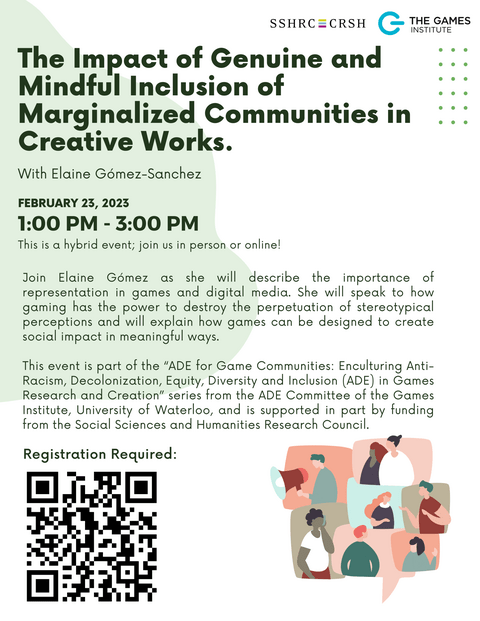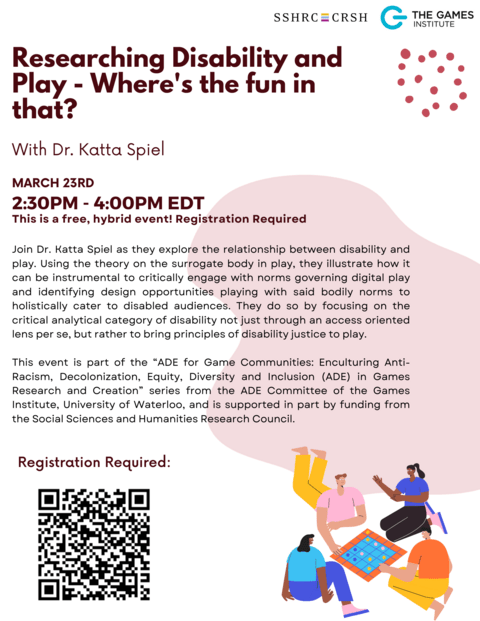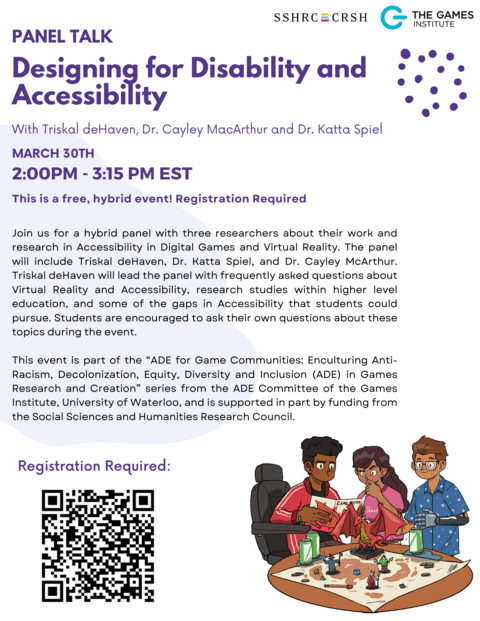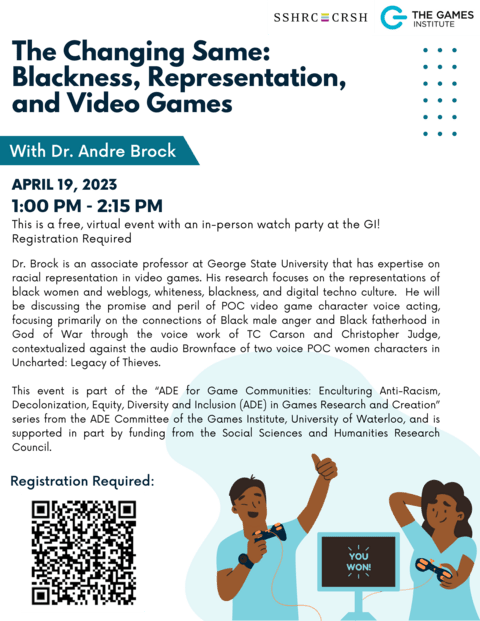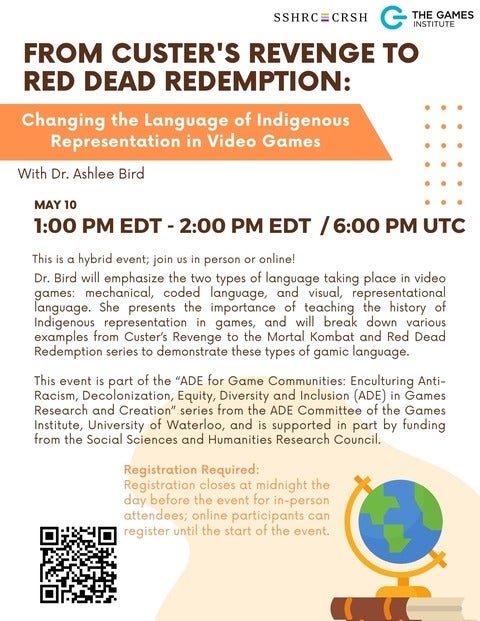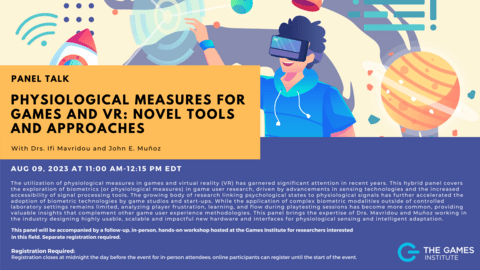Games research is slowly diversifying in matters of representation as well as accessibility related investigations. Similarly, a materialist and embodied understanding of play (also digitally) seeps in more on a theoretical basis. However, we need to critically examine what kind of bodies are invited to participate in play and how. Where games and play are mostly conceptualized as entertainment for the majority of bodies, disabled people are often relegated to playing for externally motivated purposes that are often driven by deficit oriented medical models of disability. Using the theory on the surrogate body in play, they illustrate how it can be instrumental to critically engage with norms governing digital play and identifying design opportunities playing with said bodily norms to holistically cater to disabled audiences. They do so by focusing on the critical analytical category of disability not just through an access oriented lens per se, but rather to bring principles of disability justice to play.
